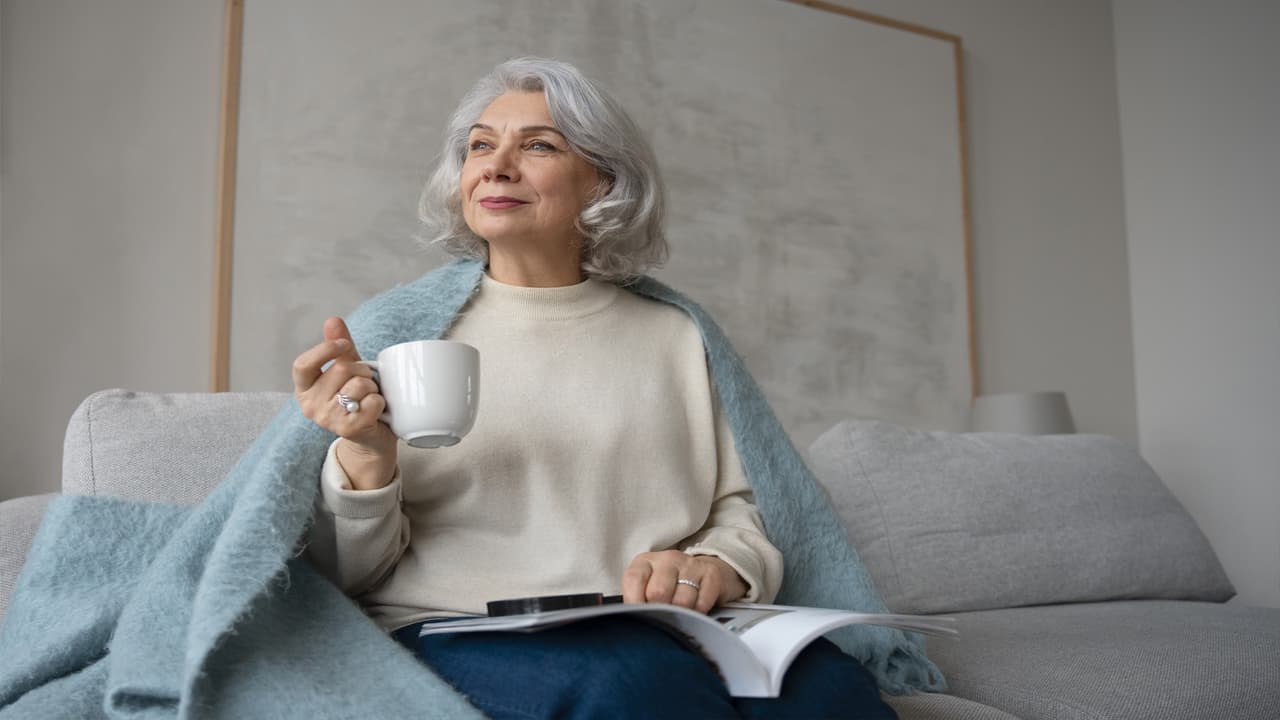Winter can be especially harsh for the elderly, as slower metabolism makes them more prone to cold-related issues like hypothermia, weakened immunity, joint pain, and blood pressure fluctuations. Proper precautions ensure their safety and health.
The winter season can be challenging for people of all ages, but it is particularly tough for the elderly. With age, the body’s metabolic rate decreases, producing less heat, which causes body temperature to drop faster than in younger people. This makes it harder for seniors to endure the cold.
If an elderly person’s body temperature falls below the standard 37°C, serious health risks such as hypothermia can occur. Hypothermia sets in when the body temperature drops below 35°C. Additionally, winter can weaken immunity, aggravate joint pain, trigger coughs and colds, and even impact blood pressure. Taking simple precautions can help keep the elderly warm, healthy, and safe during the cold months.
Dress in Warm Layers
Always ensure the elderly wear multiple layers, including thermals, sweaters, mufflers, socks, and hats. Layered clothing helps regulate body temperature and provides maximum warmth.
Maintain a Comfortable Home Temperature
Keep rooms warm using heaters or blowers, but avoid overly dry air. Let sunlight in whenever possible and maintain the room temperature around 25–26°C for optimal comfort.
Get the Flu Vaccine
Flu can be dangerous for the elderly, spreading rapidly during winter. Ensure they receive the flu shot to prevent serious illness and strengthen immunity.
Provide a Balanced and Warming Diet
Offer warming foods such as soups, turmeric milk, ginger-garlic preparations, and limited dry fruits. Encourage warm water instead of cold beverages to maintain internal warmth and immunity.
Bathe with Lukewarm Water
Avoid cold baths; lukewarm water is safer for the elderly. Installing a geyser can ensure comfortable bathing temperatures. Warm water also helps prevent chills and skin dryness.
Monitor Medications and Health
Administer medications on time and schedule routine doctor check-ups. Track blood pressure, sugar levels, and other health parameters, which are crucial during colder months.
Massage with Warm Oil
Cold weather can dry out the skin. Regular massage with warm coconut or herbal oils keeps skin soft, healthy, and nourished.
Encourage Light Exercise
Gentle morning walks or yoga in sunlight reduce joint pain and keep the body active. Exercising together not only promotes health but also strengthens emotional well-being.
